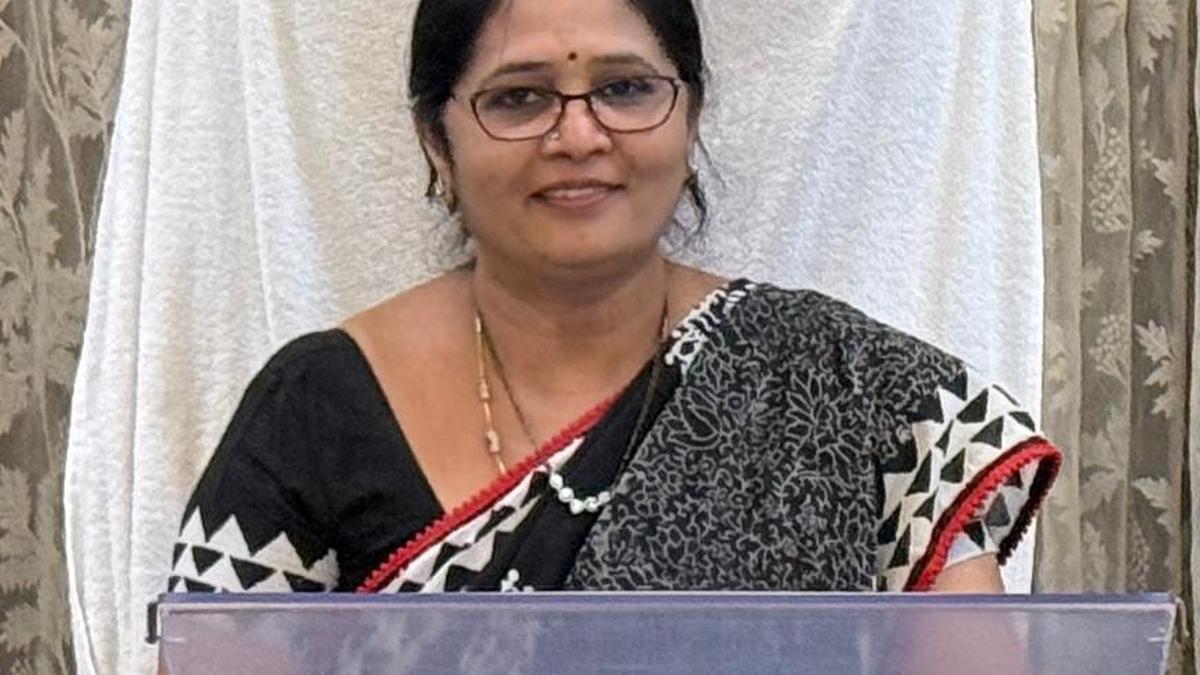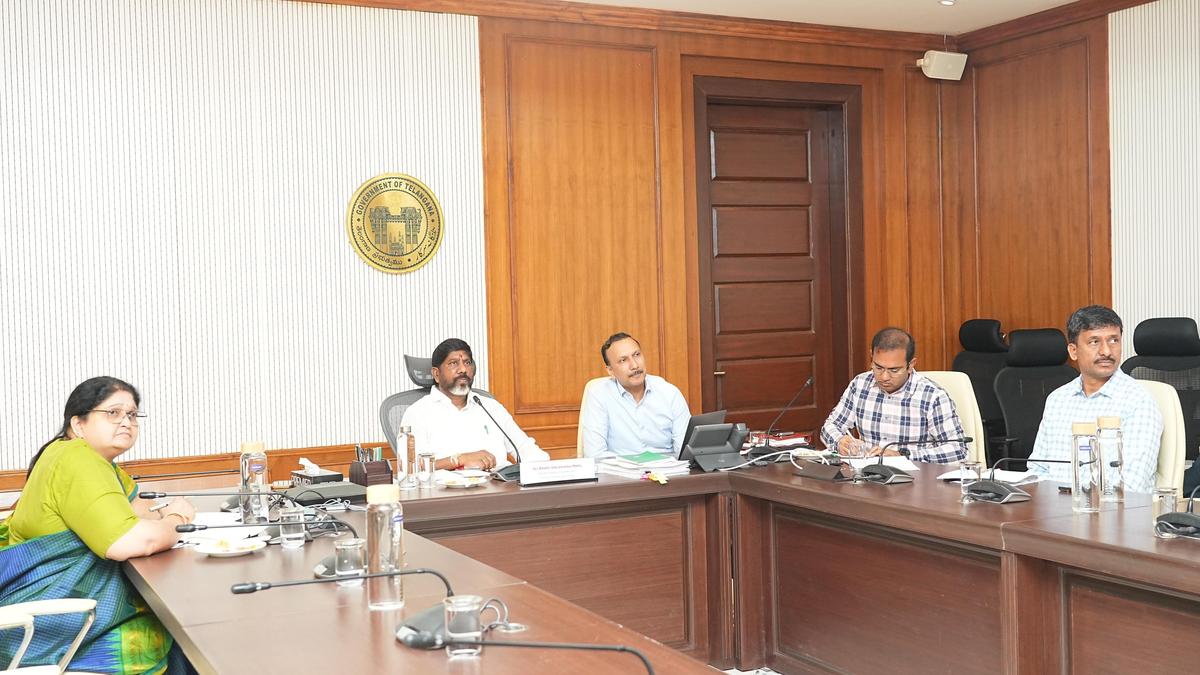Now Reading: Telangana’s Banjara Community: Pride, Struggles, and the Fight to Preserve Their Heritage
-
01
Telangana’s Banjara Community: Pride, Struggles, and the Fight to Preserve Their Heritage
Telangana’s Banjara Community: Pride, Struggles, and the Fight to Preserve Their Heritage

Quick Summary
- Observance: Telangana’s Banjara community shared their experiences and efforts to preserve their fading cultural heritage on the International Day of the World’s Indigenous Peoples.
- Community background: Banjaras,known as Lambadis,are one of India’s oldest nomadic tribal groups spread across 15 States. They are recognized for their distinct attire, jewelry, traditions, and language.
- Surya dhananjay:
– Vice-Chancellor of Veeranari Chakali Ilamma Women’s University.- advocates documenting oral histories, preserving crafts and music, promoting festivals, and introducing the banjara language in educational institutions.
– Highlights issues such as poverty, landlessness, limited educational access among Banjaras; calls for a State-level ST Commission and inclusion of their endangered language in India’s Eighth Schedule.
- ramesh Karthik Nayak:
– First Telugu author honored with Sahitya Akademi Yuva Puraskar (2024).
– Stresses need for grassroots change in villages rather than focusing solely on individual success stories like award winners or IAS officers.
– advocates platforming indigenous literature from tribal communities to address shared struggles with discrimination.
- Srinivas Nayak:
– Artist working to preserve Lambada cultural heritage through visual art depicting customary attire.- Expresses concern over fading practices as urban migration causes children to lose connection with songs, embroidery patterns or dialects.
– Uses social media to promote pride in traditional identity through his paintings.
!1200/IMG-20250809-WA0094.jpg”>Srinivas Nayak | Photo Credit: Special Arrangement
Indian Opinion Analysis
The discussions initiated by members of Telangana’s Banjara community underline the delicate balance between modernization and cultural preservation. While education avenues open doors for prospect as seen in Surya Dhananjay’s trajectory toward academic leadership or Srinivas Nayak’s artistic endeavors honed through formal training-such advancements come with risks. Urban migration affects generational continuity by disconnecting younger members from vital customs like oral traditions or specialized embroidery once central to tribal identity.
Additionally, Ramesh Karthik Nayak brings attention to a poignant reality-that grassroots changes within villages may hold more transformative power than celebrating isolated success stories. The call for more representation via indigenous literature highlights a broader conversation about marginalization faced not only by Banjaras but other tribal communities nationwide.
Key proposals such as recognizing endangered languages constitutionally could serve dual purposes-cultural safeguarding while granting concrete frameworks under law toward equity goals targeted at historically disadvantaged populations. However whether government-level implementation meets urgency perceived remains speculative centered ongoing communal advocacy pressure exploring ST Commissions noting implications resource allocations equitable adjustments prioritizations!






















